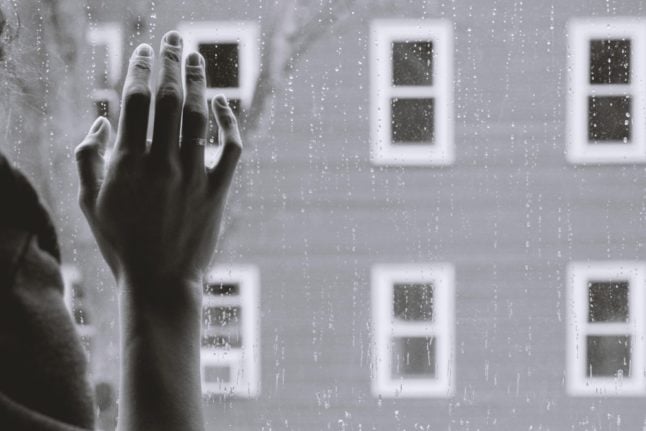The findings come from a study of wellbeing, health and work environments in Denmark conducted by the National Institute of Public Health (Statens Institut for Folkesundhed).
One in five people have seen their mental health deteriorate during the coronavirus crisis, the study found.
“We can see that around one fifth – 21 percent – consider their mental health during the crisis to be lower compared to before the crisis,” said professor Lau Caspar Thygesen, who led the study.
The National Institute of Public Health asked the same 5,000 people about their mental health in 2019 and in autumn 2020, when society was seeing a second round of increased coronavirus restrictions.
The next stage of the study is to see whether any particular societal groups have experienced a greater change than others.
“We can see that mental health for people with higher education levels has worsened more than for those with short educations,” Thygesen said.
“The reason for this could be that highly-education individuals may have seen a bigger impact on their everyday lives than those with lower education levels, who may have been able to work as normal to a greater extent,” he said.
The researcher also noted that a smaller group of 11 percent said their mental health had improved during the crisis. That group may have benefited from a change in routines caused by Covid-19.
Other results from the study show that 54 percent are worried that someone they know will get sick. 52 percent are concerned about infecting others, and 36 percent are worried that they themselves will get ill.
The study also found that the proportion of people with depression-like symptoms increased slightly from 9 percent in 2019 to 11 percent in 2020.
READ ALSO: Denmark announces plan to aid wellbeing of young people hit by lockdown



 Please whitelist us to continue reading.
Please whitelist us to continue reading.
Member comments